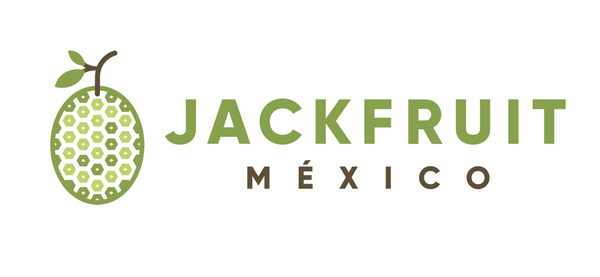Properties
Jackfruit is an extremely versatile fruit, as well as savory dishes can be prepared with the green fruit, the ripe fruit can be consumed as fresh fruit, used in smoothies, desserts, smoothies, etc.
The flavor of the ripe fruit is similar to that of mango, combined with banana and pineapple.
There are various studies that reveal the nutritional and medicinal properties of jackfruit.
The fruit contains vitamin A, vitamin C, thiamine, niacin, riboflavin, calcium, phosphorus, potassium, iron, copper, magnesium, manganese, and zinc, among many other nutrients. Jackfruit is low in calories: 100 g of jackfruit only contains 94 calories.
It is a rich source of potassium with 609 mg per 30g of jackfruit meat. Studies show that potassium-rich foods help lower blood pressure, improve cardiovascular health, and promote proper muscle function.
Another benefit of eating jackfruit is that it is a good source of vitamin C. Which is a potent antioxidant that protects the body against free radicals, strengthens the immune system and promotes iron absorption.

It also contains phytonutrients: lignans, isoflavones and saponins that have very varied health benefits. These phytonutrients have anticancer, antihypertensive, antiulcer, and antiaging properties. The phytonutrients found in jackfruit can prevent the formation of cancer cells in the body, lower blood pressure, fight stomach ulcers, and slow the degeneration of cells that make skin look young. Jackfruit also contains niacin which is known as vitamin B3 and is necessary for energy metabolism, nerve function and the synthesis of certain hormones.
It contains many carotenoids such as β-carotene, which is an important antioxidant for human health. Carotenoids may be important for the prevention of several chronic-degenerative diseases, such as cancer, inflammation, cardiovascular disease, cataracts, and age-related macular degeneration. The carotenoids present in jackfruit are; translutein (24% to 44%), β-carotene (24% to 30%), neoxanthin (4% to 19%), 9-cis-neoxanthin (4% to 9%), and 9-cis -violaxanthin (4% to 10%).

Jackfruit also contains a good amount of dietary fiber, a fundamental component for the proper functioning of the digestive system and found only in foods of plant origin. Some of the benefits of fiber consumption are lowering glucose and cholesterol levels in the blood, lowering the risk of heart disease, reducing constipation problems, avoiding the risk of obesity, colon and rectal cancer, hiatal hernia, hemorrhoids and appendicitis, among others.
On the other hand, the seeds, due to their characteristics, have been used in traditional Chinese medicine as a natural aphrodisiac. They are a source of nutrients such as potassium, calcium, iron and are a great source of protein. All of this can help prevent premature ejaculation, increase libido and prevent erectile dysfunction.
In addition to all this, jackfruit contains all 9 essential amino acids including lysine, which is not very abundant in vegan protein sources, so this fruit can be considered a complete protein source. The body needs protein to build muscle, repair tissue, produce enzymes, hormones, and other important biochemical processes. Plant-based proteins tend to be lower in calories and heart-affecting saturated fat, are easier to digest, and are free of antibiotics and harmful bacteria.


